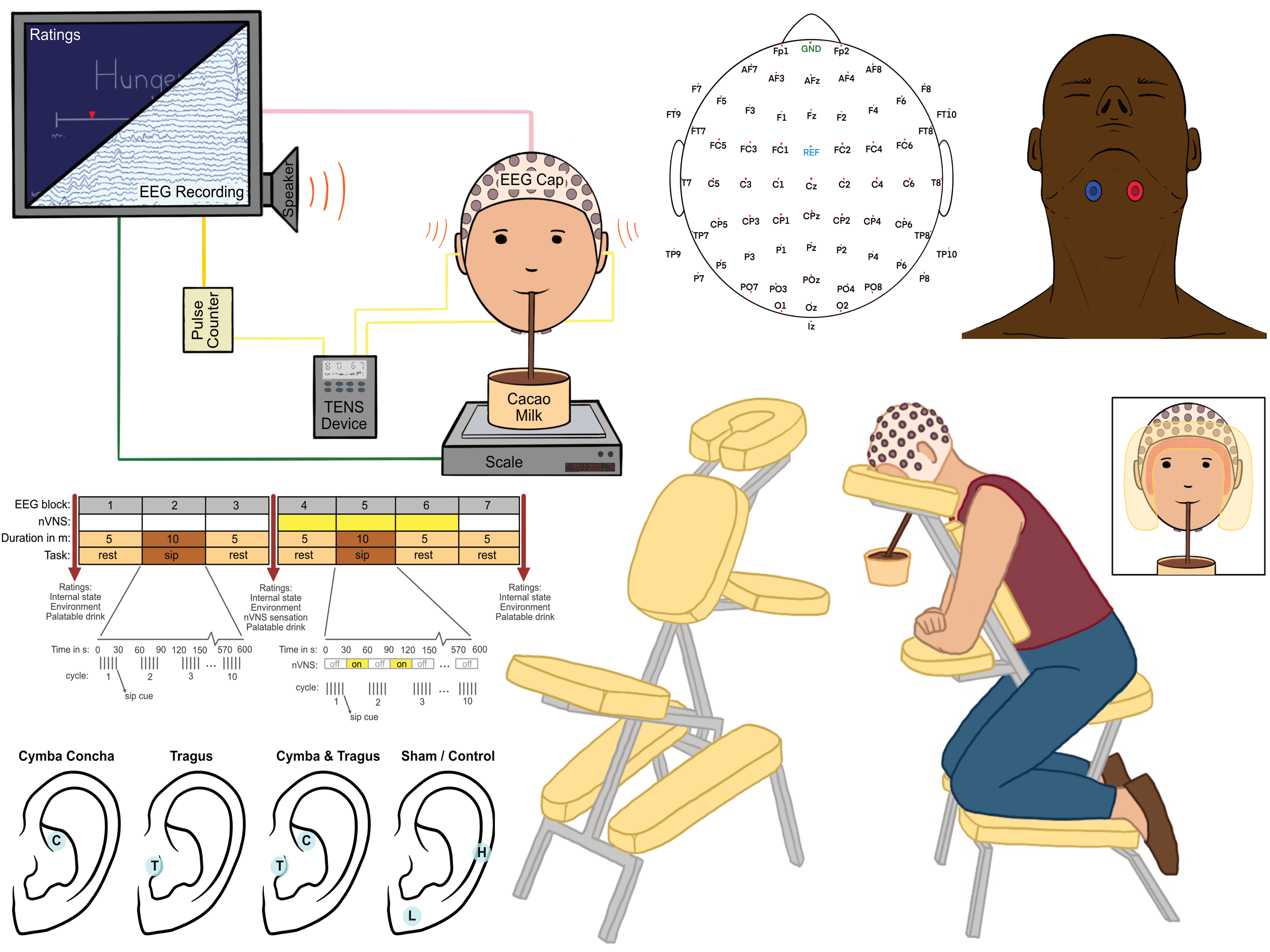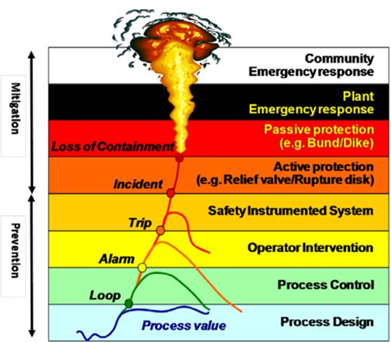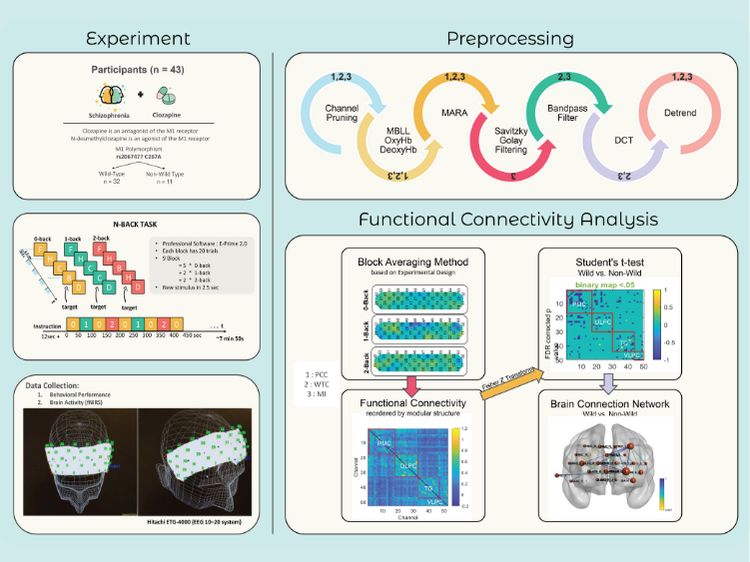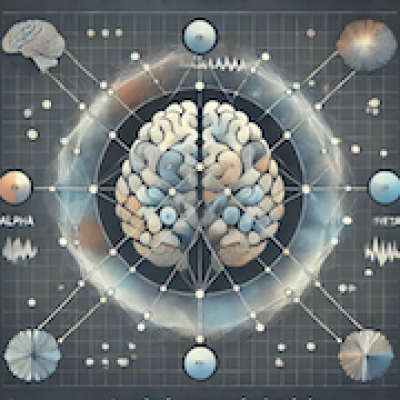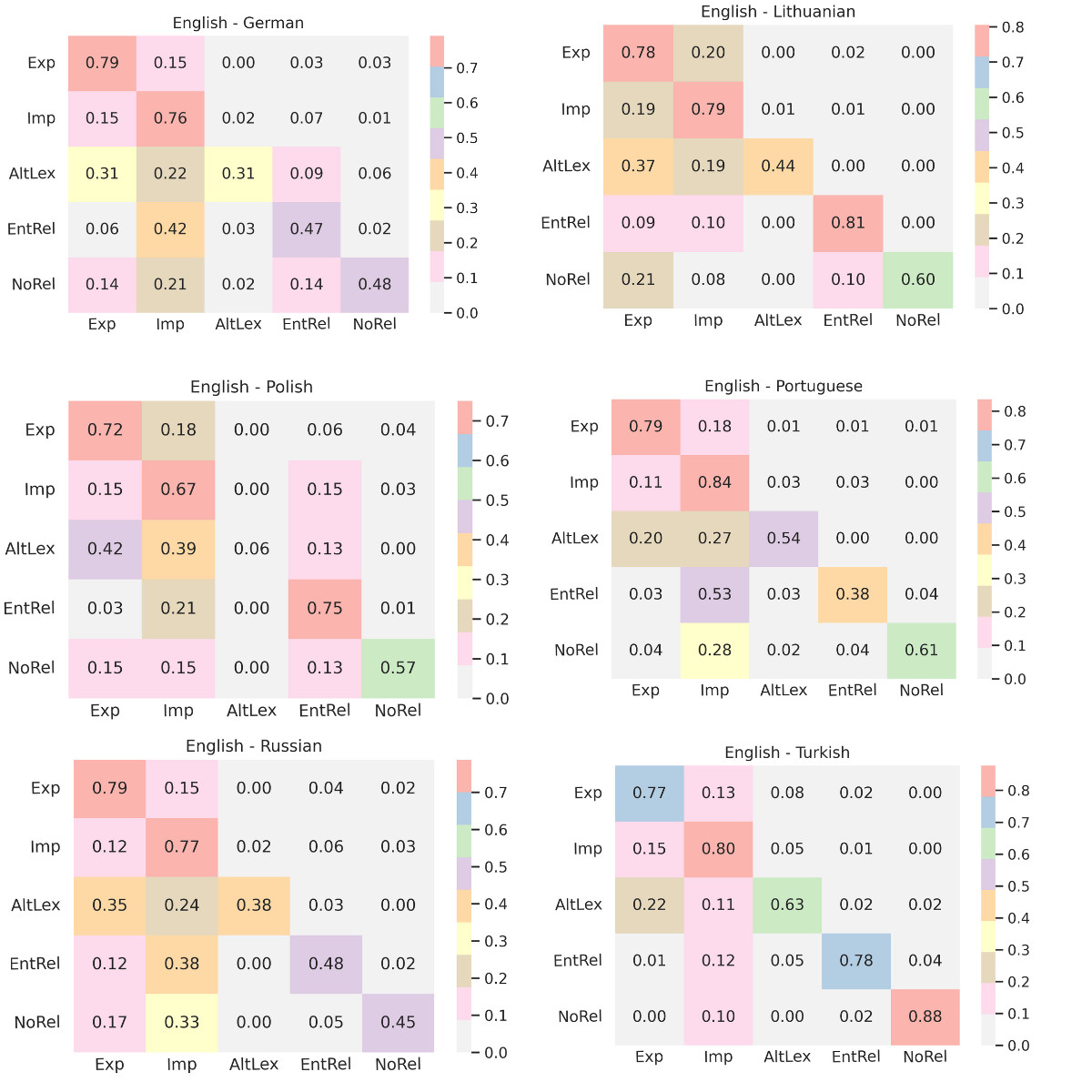Humans have long been curious about other minds; a fascination rooted in ancient philosophy that shapes key debates in modern cognitive science. As artificial intelligences become more widespread, the human tendency to attribute mental states—known as mind perception—to non-human entities has found relevance in human-robot interaction. This thesis explores the dynamics of mind perception in this context, focusing on determinants related to both the perceiver and the perceived entity. In multiple-step experiments involving 160 participants from four generations, we examined how agent type (human vs. robot), action type (communicative vs. noncommunicative), individual traits, and generational differences influence mental capacity attributions. We measured mind perception along Agency (ability to do) and Experience (ability to feel) dimensions. Our methodology combined implicit and explicit tasks in a real-time, naturalistic lab setting with live actors, enhancing ecological validity while maintaining experimental control. We collected both behavioral measurements and self-report answers, addressing the recent discussions in the field. Findings revealed that the human was consistently attributed higher mental capacities than the robot. Action type effects were varied and context-dependent. Young participants were more likely to attribute mental states to the robot, while individual traits showed weak influences. Explicit measures aligned with implicit ones in showing higher mind attribution to the human, while implicit measures revealed subtler effects, particularly for action type and agency. Response times and mouse trajectories captured nuances and interactions that were not apparent in explicit ratings. This thesis highlights the significance of considering both perceiver- and perceived-related factors and using implicit and explicit assessment methods to reveal layered interactions among determinants by uncovering distinctions between these two measurement types.
Date: 03.09.2024 / 11:00 Place: A-212

